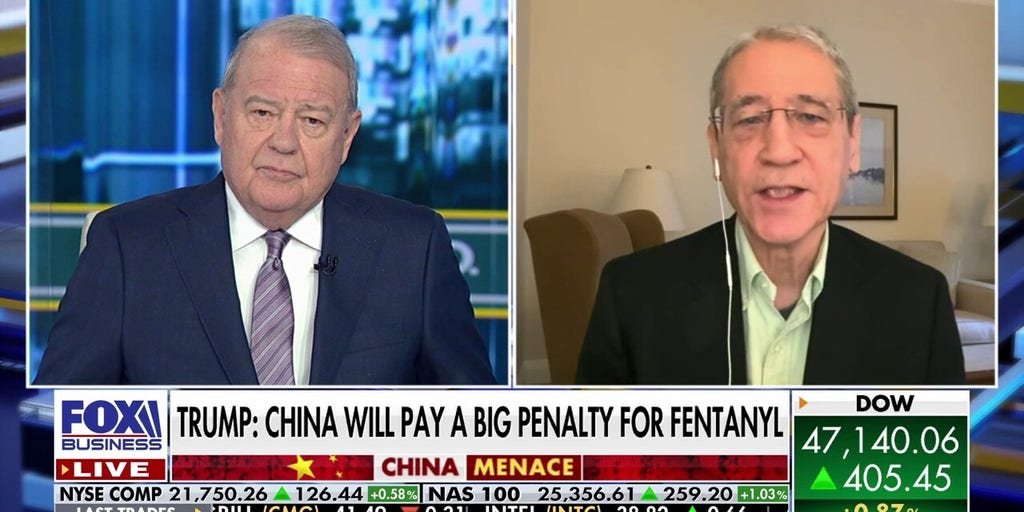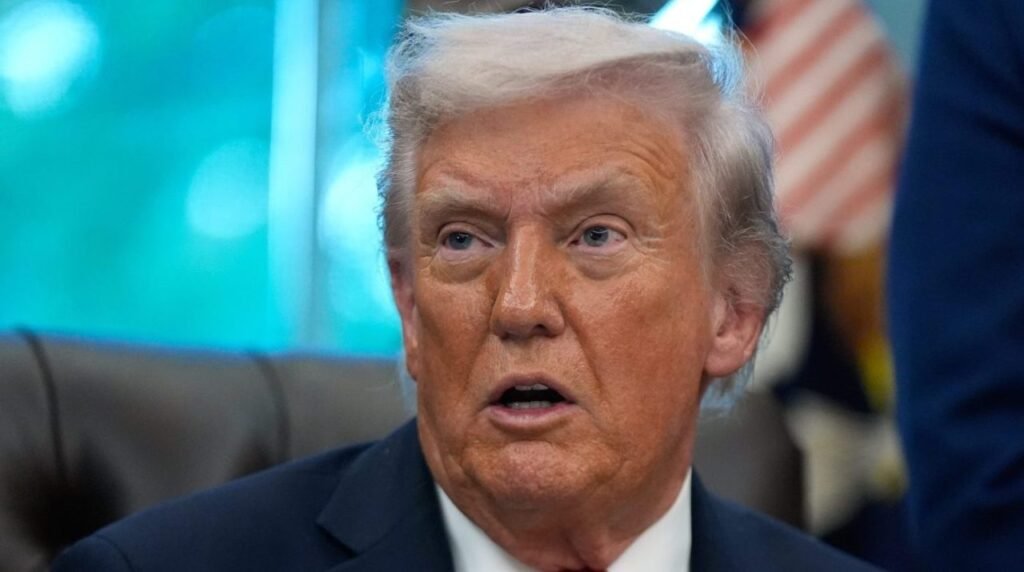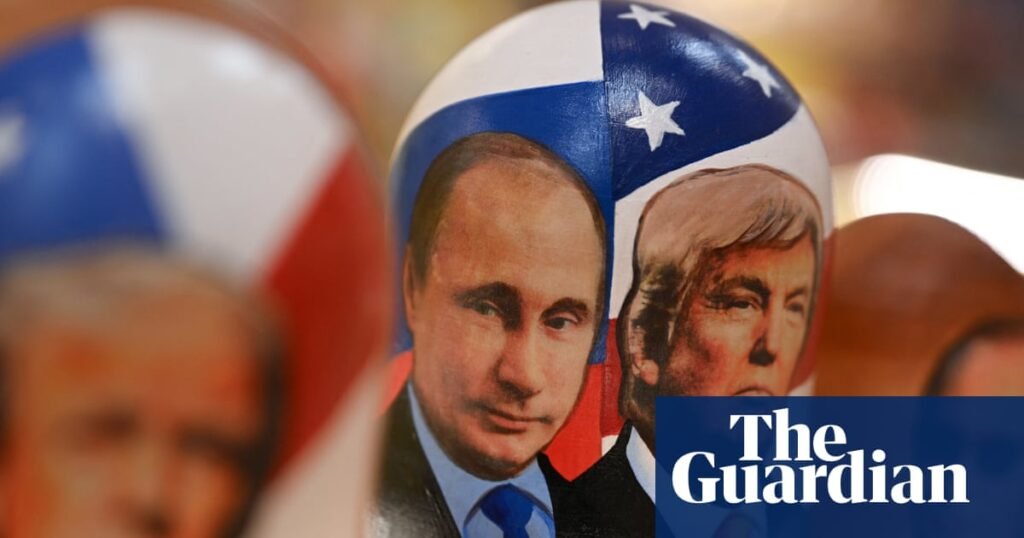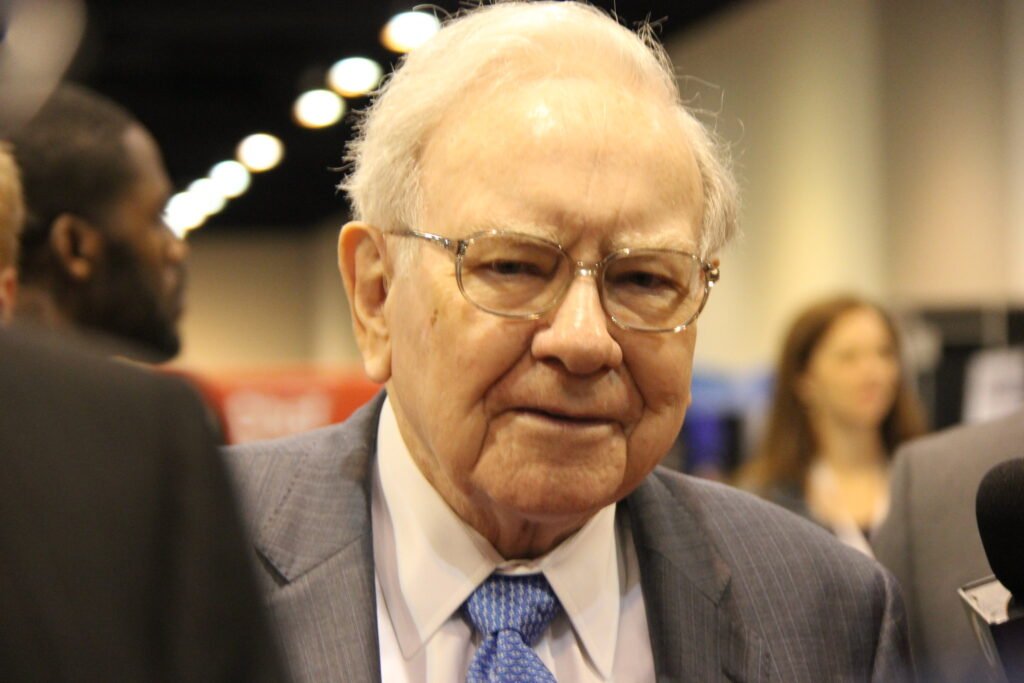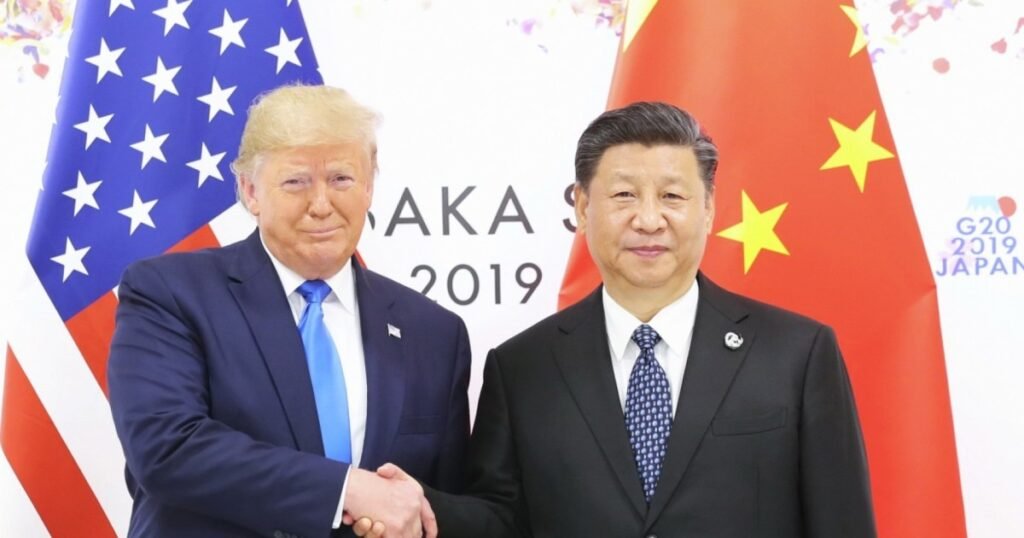On Wednesday evening, San Francisco was scrambling to prepare for an imminent flood of federal agents. Activist networks mobilized to monitor and block ICE raids across the city, while city officials threatened to arrest any feds who broke the law.
The next morning, seemingly out of nowhere, Donald Trump posted on Truth Social that those plans were on hold for now — due to pleas from city mayor Daniel Lurie and “friends of mine who live in the area.”
“The people of San Francisco have come together on fighting Crime, especially since we began to take charge of that very nasty subject,” Trump wrote.
“Great people like Jensen Huang, Marc Benioff, and others have called saying that the future of San Francisco is great. They want to give it a ‘shot.’ Therefore, we will not surge San Francisco on Saturday. Stay tuned!”
In a press conference, he added that he had gotten “four or five calls” from “some incredible people, some friends of mine, very successful people… some of the smartest business leaders.”
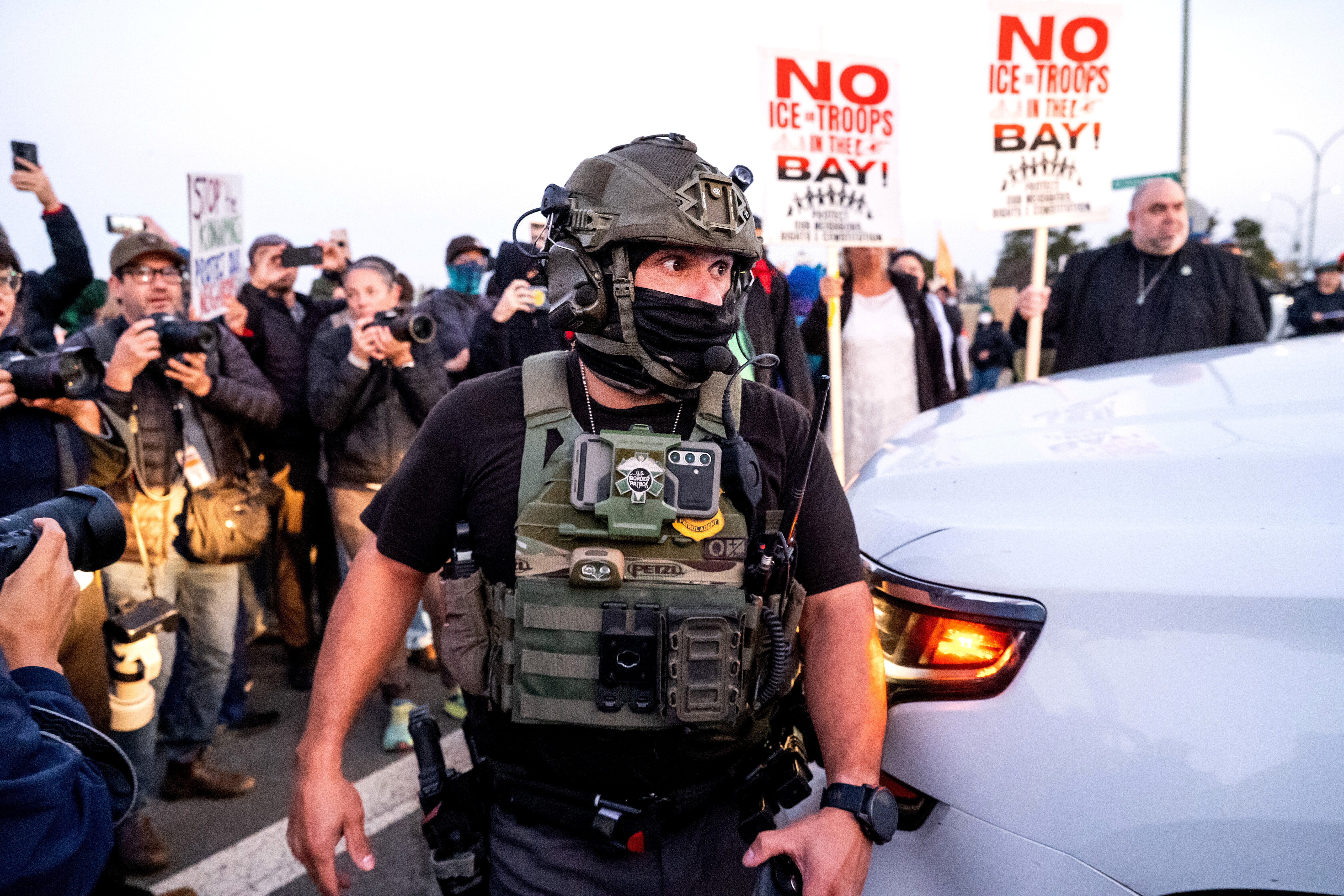
His decision was surprising because the White House has largely ignored opposition in from local leaders when surging immigration agents and federalized National Guard troops to Democrat-run cities such as Chicago, Los Angeles, Portland, and Washington, D.C.
So who are these modern-day Abrahams who convinced a wrathful president to stay his hand? And what might have made them so persuasive?
Daniel Lurie, city mayor and denim heir
In San Francisco’s famously intense and treacherous city politics, often described as “a knife fight in a phone booth”, Daniel Lurie is something unusual: an actual political newcomer.
As a prolific former philanthropist and heir to the Levi Strauss fortune, he’s well-connected in the business world. But until winning the mayoralty last November as a moderate Democrat, he had almost no political experience.
As mayor, he has been pointedly cautious about confronting Donald Trump, in contrast to California governor (and former S.F. mayor) Gavin Newsom. While he sometimes criticizes federal actions, Lurie almost never raps the President by name, and regularly dodges questions from reporters about what he thinks of the man — to the point of infuriating more progressive allies.
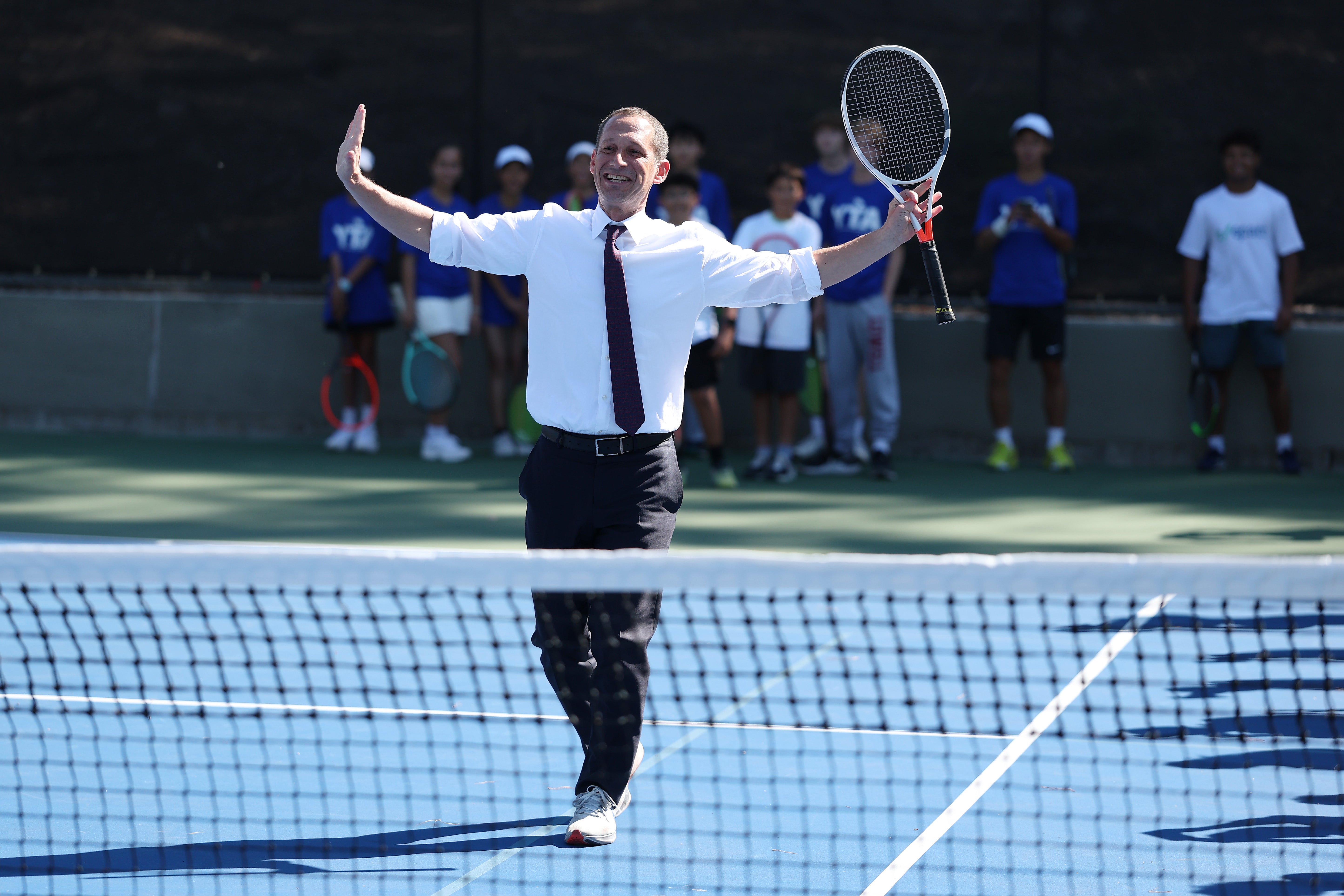
When The New York Times asked him, during a comically tight-lipped interview this June, if he would ever say the word “Trump”, Lurie simply smiled and said nothing.
Now that strategy appears to have paid off. “I spoke to Mayor Lurie last night and he asked, very nicely, that I give him a chance to see if he can turn it around,” Trump wrote on Thursday morning.
“I told him I think he is making a mistake, because we can do it much faster, and remove the criminals that the Law does not permit him to remove. I told him, ‘It’s an easier process if we do it, faster, stronger, and safer but, let’s see how you do?'”
Lurie’s account of the conversation was similar, touting his efforts to reduce petty crime and visible drug dealing on the city’s streets.
“I told [Trump] the same thing I told our residents: San Francisco is on the rise. Visitors are coming back, buildings are getting leased and purchased, and workers are coming back to the office,” Lurie wrote in a press release.
“We have work to do, and we would welcome continued partnerships with the FBI, DEA, ATF, and U.S. Attorney to get drugs and drug dealers off our streets, but having the military and militarized immigration enforcement in our city will hinder our recovery.”
Marc Benioff, CEO and mega-philanthropist
For years, Marc Benioff was considered a progressive defender of San Francisco. As the CEO of business software giant Salesforce, his influence is visible for miles around in the form of S.F.’s tallest skyscraper, Salesforce Tower.
In 2018 he broke with his fellow tech barons to campaign for higher city taxes in aid of the homeless, and he donated more than $1bn to hospitals, parks, schools, non-profits, and other causes, and other causes around the Bay Area. (He’s also the owner and chairman of Time magazine.)
So it was an unpleasant shock to many when he announced last week that he was “all for” Donald Trump sending federal troops to San Francisco, misleadingly claiming that Democrats had “defunded” the local police force. (Former mayor London Breed did promise to do so, but later reversed course, and its budget has in fact increased.)
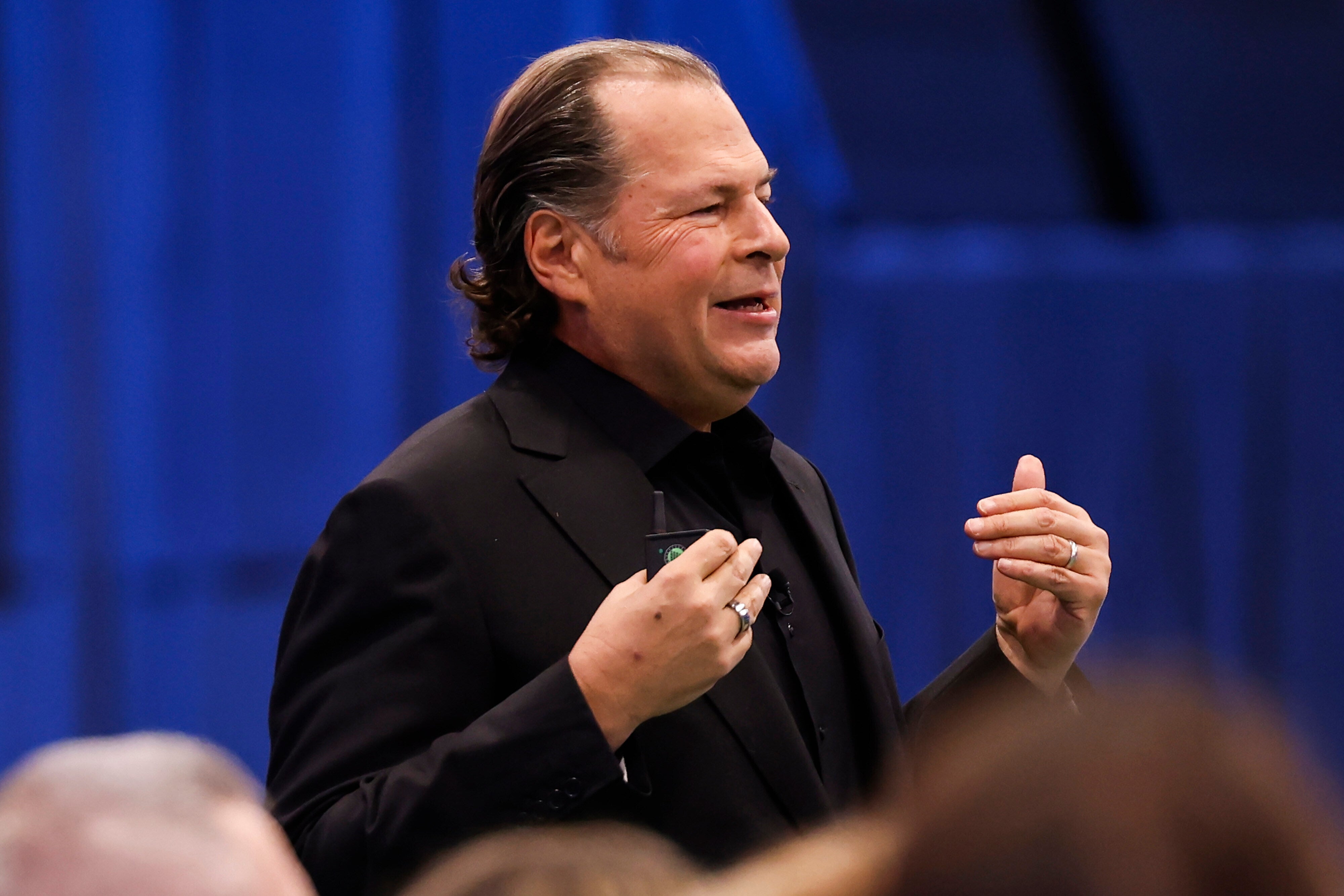
“I fully support the president. I think he’s doing a great job,” Benioff told The New York Times. In a follow-up interview with The San Francisco Standard, he added: “There’s parts of our city that are still incredibly unsafe… I’ve seen things in San Francisco that need to be directly addressed by police, and if the police cannot address it, then bring in whoever can.”
Yet within days, he had recanted those comments after city officials, Salesforce workers, fellow philanthropist (and widow of Steve Jobs) Laurene Powell Jobs, and one of his closest friends pressed him publicly — and, probably, privately — to reconsider.
“Having listened closely to my fellow San Franciscans and our local officials, and after the largest and safest [Salesforce conference] in our history, I do not believe the National Guard is needed to address safety in San Francisco,” he posted on X.
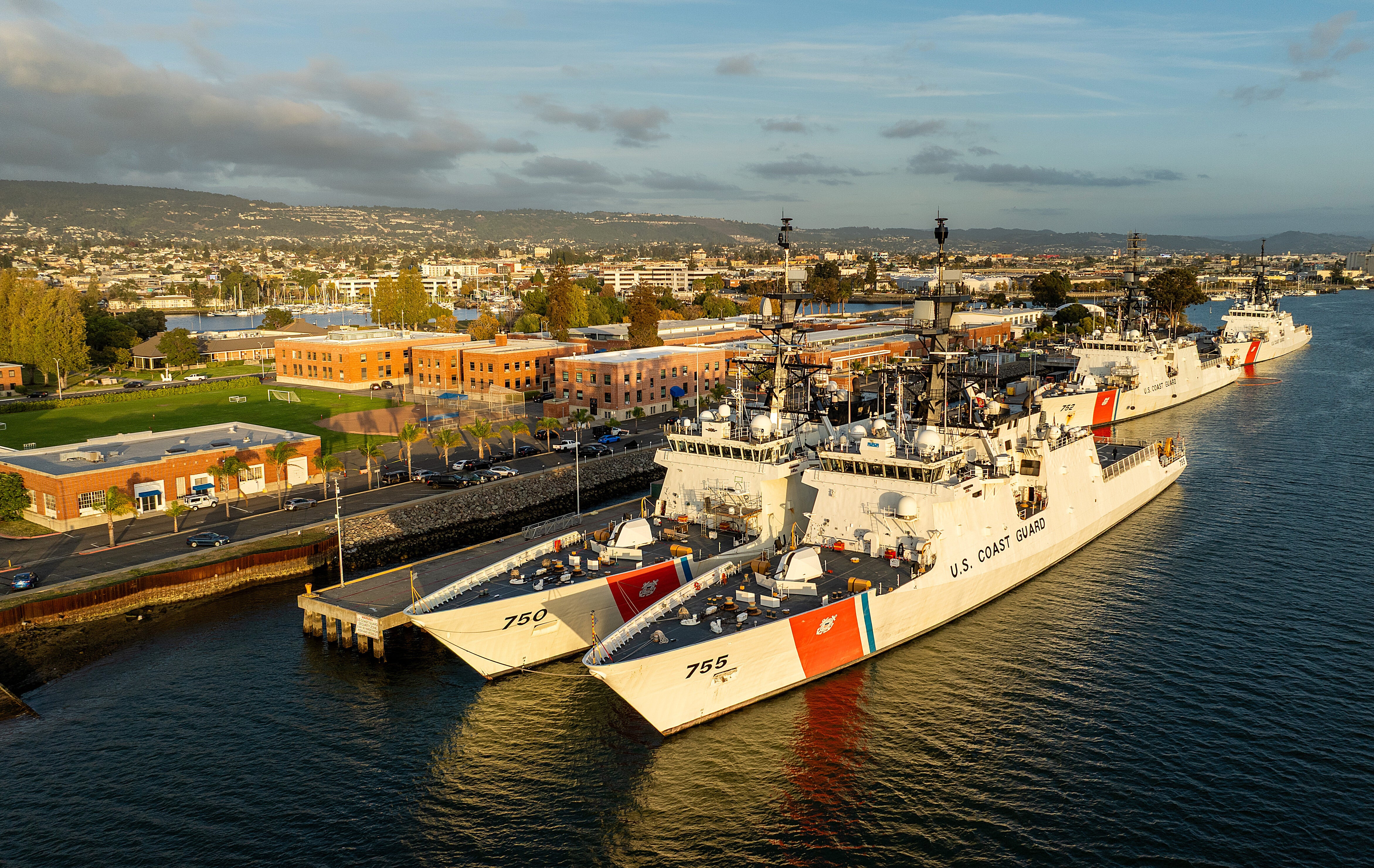
“My earlier comment came from an abundance of caution around the event, and I sincerely apologize for the concern it caused.”
We can only speculate on what passed between Benioff and Trump; Benioff did not respond to requests for comment from The Independent. But perhaps it was this experience that helped him persuade the President.
Of course, his regular praise for Trump on social media over the past few months can’t have hurt. Nor can Time‘s recent decision to splash Trump on its cover with the headline “HIS TRIUMPH” — or to publish a second, even more flattering cover after Trump criticized the first photo as “super bad”.
Jensen Huang, king of A.I. hardware
When Donald Trump made a speech with Nvidia CEO Jensen Huang in July, he admitted that he’d never heard of the man until recently.”I said, ‘Who the hell is he? What’s his name? What the hell is Nvidia?'” Trump joked.
But that was before a reported multi-month lobbying blitz by Huang and Nvidia, which is currently the world’s most valuable company — with an unprecedented market capitalization of over $4.4 trillion — due to its dominance in building the specialized computer chips that power modern artificial intelligence.
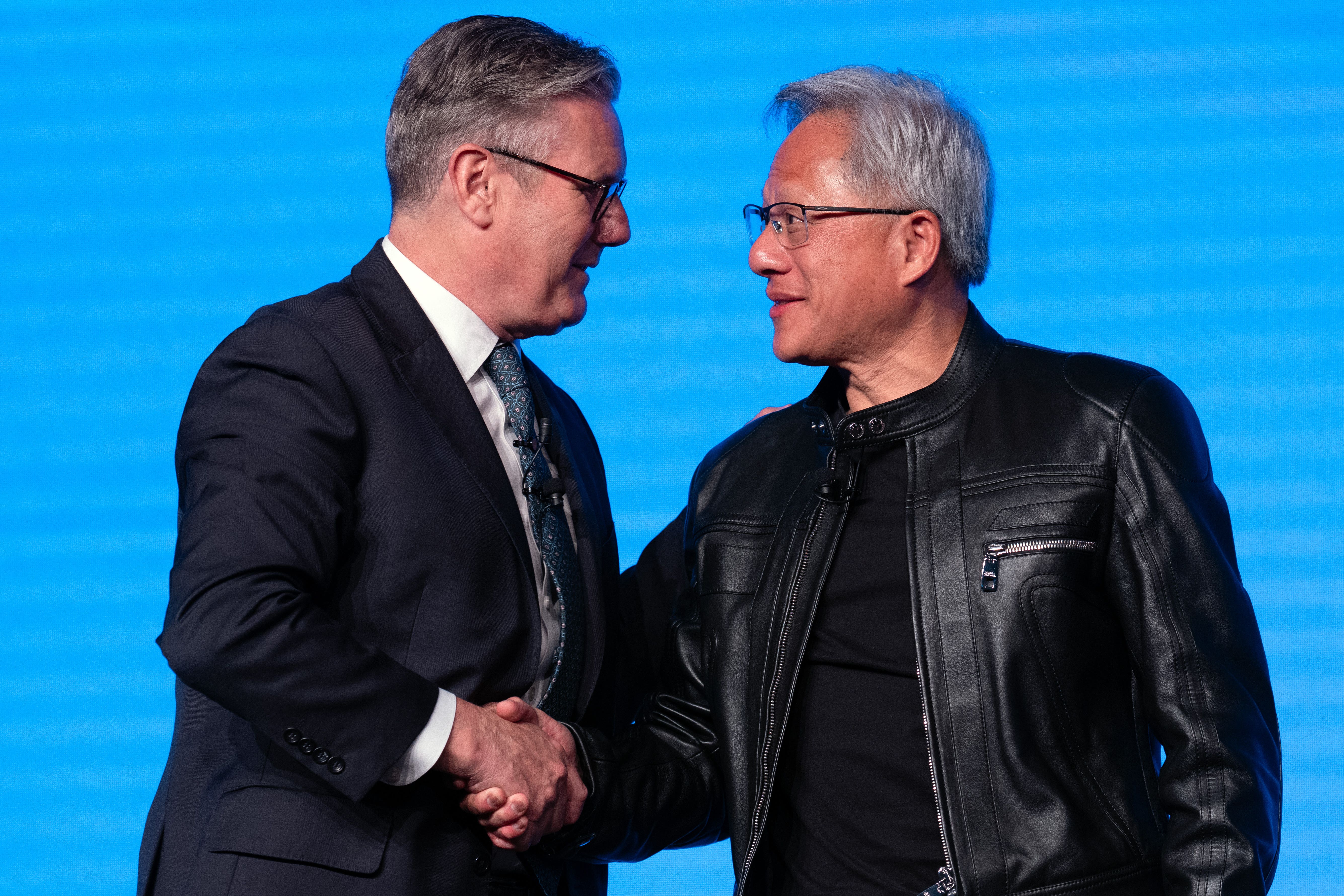
Huang, who owns a $38m mansion in San Francisco’s well-to-do Pacific Heights neighborhood, on what’s known locally as “Billionaires’ Row”, has said little in public about Trump or his immigration efforts. Still, he’s worked hard behind the scenes to secure a deal for exporting his chips to China.
A spokesperson for Nvidia declined to comment.

